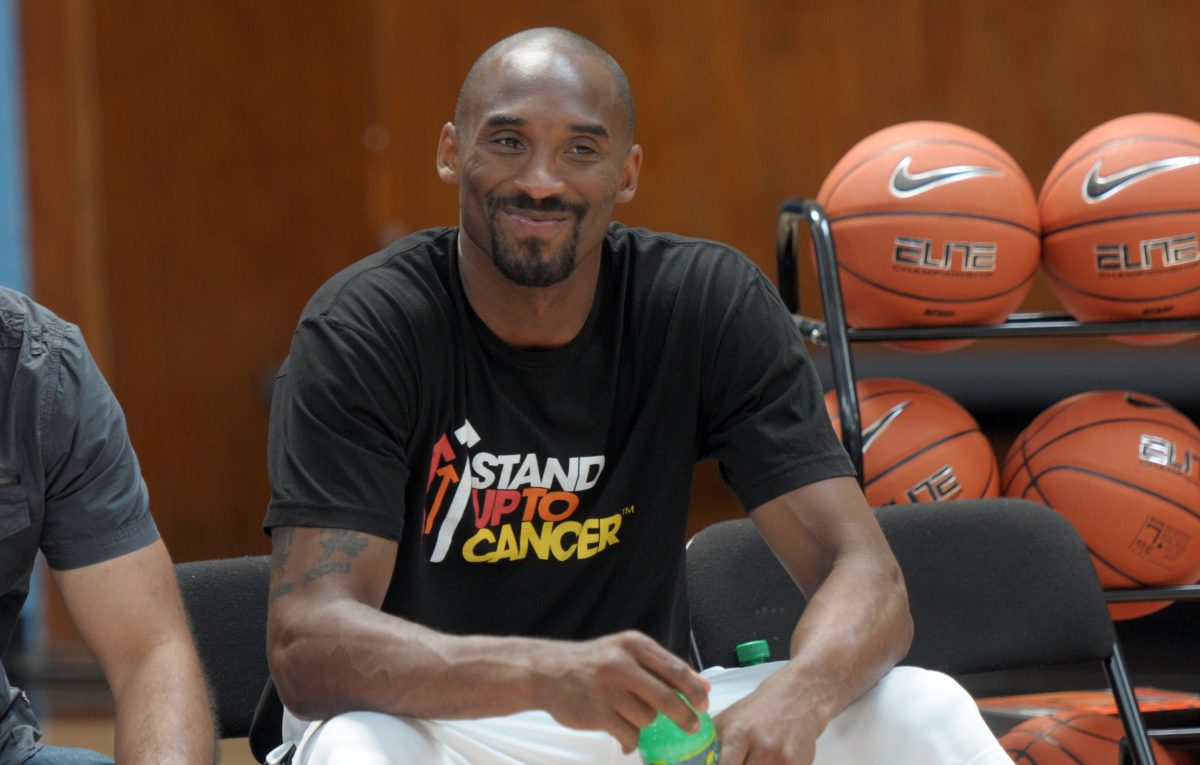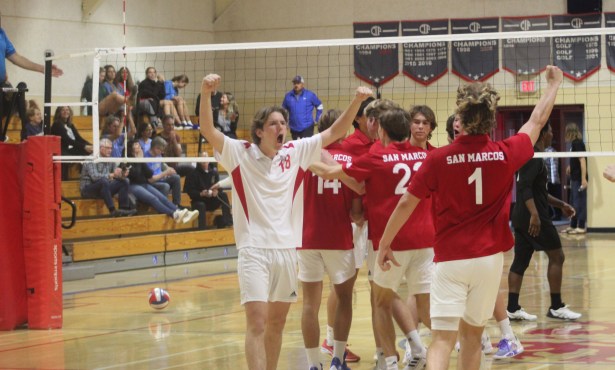Goodbye, Kobe Bryant
Our Sportswriter Remembers the Man Who Defined His Generation

For many of us in Southern California and around the world, the deaths of Kobe Bryant and his 13-year-old daughter, Gianna Bryant, who both died alongside seven others in a helicopter crash in Calabasas on the morning of Sunday, January 26, are an unspeakable tragedy. Our systems are shocked.
We were all witnesses to an unprecedented career that spanned 20 years with the Los Angeles Lakers. His accomplishments included five NBA championships — two times of which he was named MVP — and 18 All-Star appearances. He was a 15-time member of the All-NBA team, a 12-time member of the All-Defensive Team, and, in 2008, the NBA’s Most Valuable Player. Bryant’s 33,643 points are the fourth most all-time in basketball history.
But it wasn’t Bryant’s stats and accolades that defined him. His legend is rooted in how he pursued his goals. His relentless work ethic and the maniacal will to win were proved time and time again through the clutch moments and incremental improvement to his game that allowed him to surpass even his most talented peers. Before the “Mamba Mentality” became a marketing tool, it was a scowl on the face of one of the great competitors in all of sports.
I was an 8-year-old kid when a teenage Kobe Bryant made his debut for the Lakers in 1996. His success was far from a sure thing as he made the jump from high school straight to the NBA. For my generation, through the growing pains and the failures that set the stage for his overwhelming success, Bryant’s coming-of-age story felt like our own.
When my family moved from Ohio to Orange County in 1999, I was totally out of my element and struggled to find my place. But as an African-American kid with the last name Bryant, I quickly realized that whispering to a few of my middle school classmates that Kobe was my cousin went a long way. In my mind at the time, I couldn’t prove that we weren’t related.

The irony is that Bryant was an outsider, too. From his time in Italy, from the ages of 6 to 13 as the son of a professional basketball player Joe “Jelly Bean” Bryant, and then upon his return to suburban Philadelphia, Kobe Bryant’s youth was far from conventional.
The magic of Bryant’s career is that it impacted us all in a unique way, whether it was how we approached the game of basketball or how we approached the game of life. Nearly everyone has a Kobe Bryant story whether they’ve met him or not.
Bryant’s career and indeed his entire life are so relatable because of the incredible highs and the darkest of lows that we all collectively experienced through him. Bryant and Shaquille O’Neal combined to take the league by storm at the turn of the century, and their dominance resulted in three consecutive NBA Championships. The duo’s rise to the top of the NBA was followed by their very public falling out.
Sign up for Indy Today to receive fresh news from Independent.com, in your inbox, every morning.
Lakers fans were splintered between Team Kobe and Team Shaq. Eventually, the Lakers organization chose to build its future around the younger Bryant and traded O’Neal, which was met with significant backlash across the sports world. Many blamed Bryant for the team’s string of mediocre seasons immediately following Shaq’s trade.
Even before O’Neal’s departure, Bryant also faced public scrutiny as a result of sexual-assault allegations that took place in July 2003. The high-profile case has had a lasting impact, even though it was settled before it went to trial. Many advocates of sexual-assault survivors still consider the tactics of Bryant’s defense team to be unseemly. As a 16-year-old at the time of that lawsuit, I grappled with the concept of consent in real terms more than a decade before the #MeToo movement reached the national consciousness.
Yet from those dark depths, Bryant rose, both personally and professionally. I still remember calling my close friends the night he scored 81 points in 2006. The Lakers trailed by double digits at halftime to the Toronto Raptors during that game. Then came Bryant, displaying his knack for getting hot precisely when his team needed — a feat that requires will just as much as it does skill.

The slow build to another NBA championship without O’Neal received a massive boost when the Lakers acquired Pau Gasol via trade in 2008. They first stumbled in a six-game NBA finals loss to the Boston Celtics, but then rebounded with back-to-back championships. Those are the crown jewels of Bryant’s on-court legacy.
Bryant remained among the most formidable players in the NBA until he tore his Achilles tendon in April 2013. There are few injuries more difficult to overcome for a basketball player than an Achilles tear, and the injury would have meant retirement for most others. But that wasn’t the Kobe way. He even hobbled to the free-throw line to knock down two shots so that the Lakers could make the playoffs.
He played portions of three more seasons before retiring in 2016. Kobe’s final game, in which he scored 60 points against the Utah Jazz, was a surreal experience that sent chills through my body. He was a shell of his former self physically, but he was able to conjure greatness one last time.
Since his retirement, Bryant relished his time with his family and coaching his daughter Gianna. The time lost with his wife, Vanessa Bryant, and their daughters during his years chasing hardwood greatness was clearly at the forefront of his mind and plans for the future.
Here in Santa Barbara, Bryant made his presence felt through his basketball academy that he hosted several times at UCSB. In my final year as a Gaucho in 2011, I recall texts from friends who were quick to brag about catching a glimpse of Bryant around campus. It saddens me to think that we’ll never catch a glimpse of Kobe Bryant again.
Santa Barbara resident Bill Bertka is a longtime Lakers assistant coach and scouting guru who wears five NBA championship rings from Bryant’s era. He shared in mourning with us all: “All I can say is: Life is so fragile. It’s so tragic. He was one of a kind.”
Support the Santa Barbara Independent through a long-term or a single contribution.




You must be logged in to post a comment.